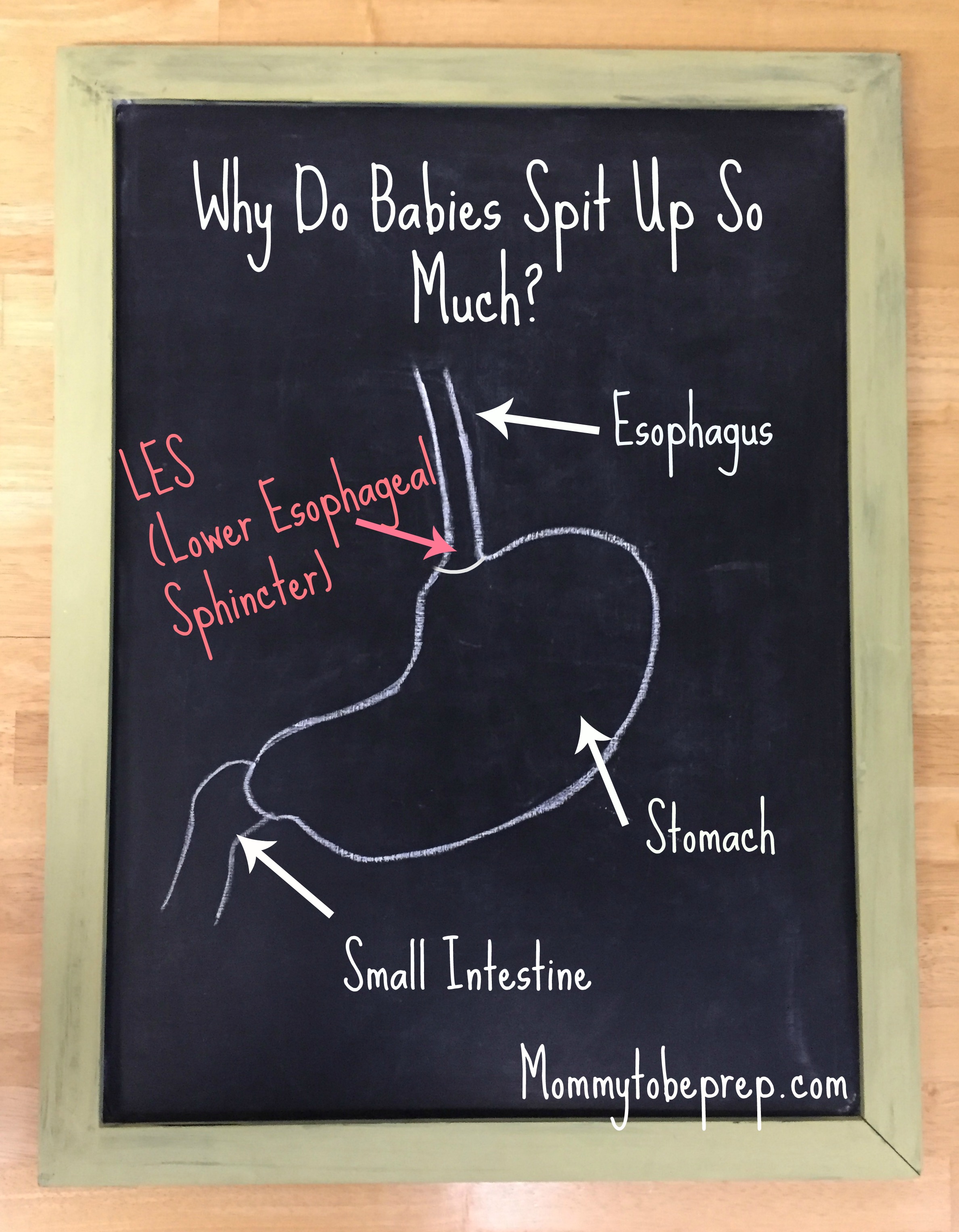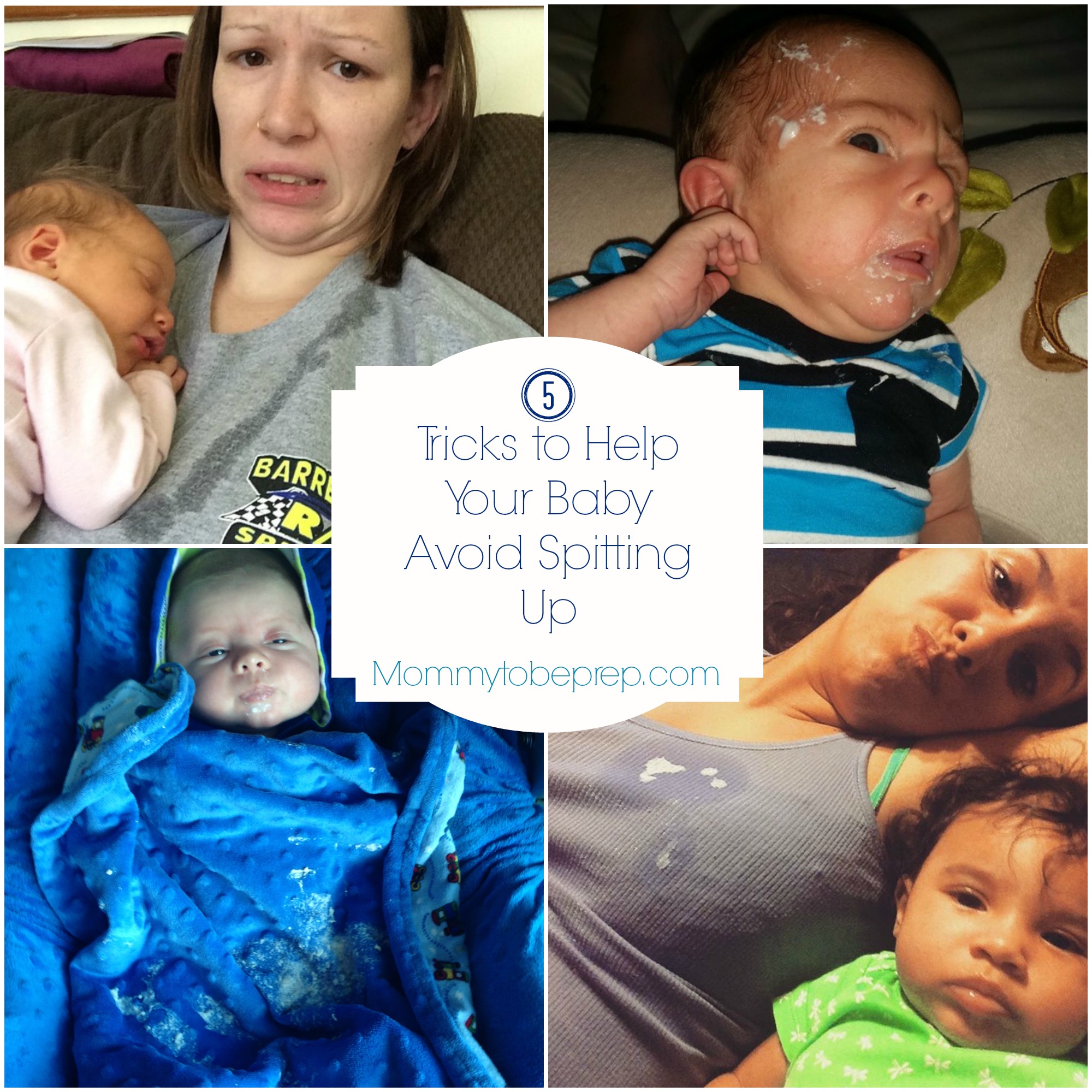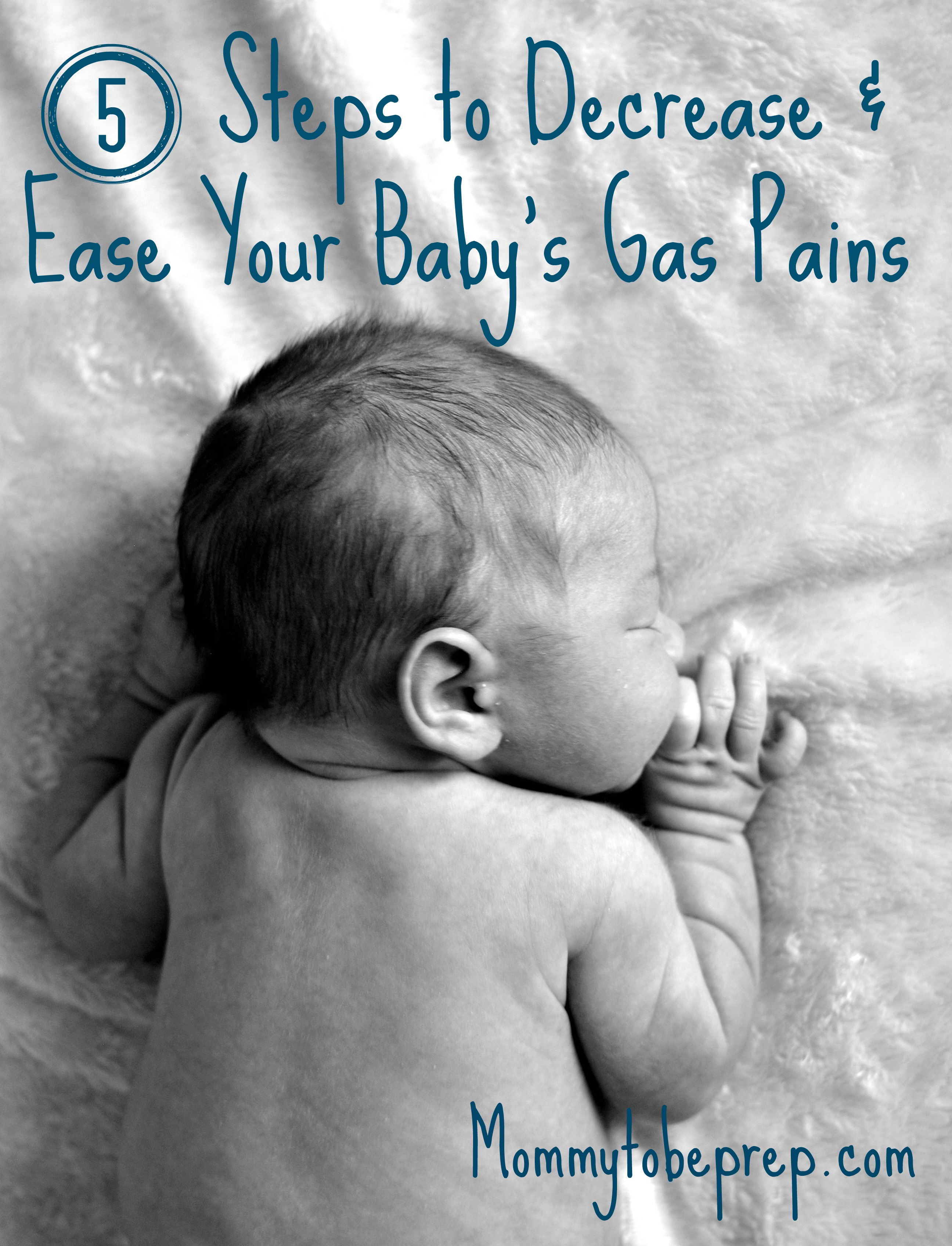Spitty & Gassy Baby


The down side of having a spitty and gassy baby is that the laundry load increases exponentially and you may indefinitely smell of sour milk. On the plus side, you always have a baby to blame postpartum toots on (I mean flatulence). In all reality, having a spitty and gassy baby is pretty normal.
Why do babies spit up so much?
There is something called the Lower Esophageal Sphincter (LES), this LES sits right at the end of your Esophagus leading into the stomach. Think of the LES as a round doorway into your stomach. Usually this doorway muscle is closed unless the person is eating. In babies, the LES muscle is not yet fully mature. Instead of the doorway being tightly closed and keeping food from coming back up, it is weak and milk can easily come back up from the stomach. The LES is normally developed by 12-14 months. This is why it is considered unusual if your baby’s reflux continues past 18 months. (www.nhs.uk)
5 Tricks to Help Your BabyAvoid Spitting Up:
- Feed your baby smaller amounts more frequently.
- Try burping your baby not just after the breastfeeding session, but also a couple times throughout the feeding.
- Keep your baby upright for 20-30 minutes after their feeding and avoid rocking or tummy time for a half hour after feeds.
- Raise the head of your baby’s crib when they are sleeping. DO NOT put any pillows inside the crib. Instead, you may put the pillow under the mattress at the head end of the bed. Your baby should always be laid down on their back to sleep.
- Use a pacifier to give your baby non-nutritive sucking after feeds if he or she will take it (there is debate about this as non-nutritive sucking can also cause extra air to enter the stomach and cause gas). Womenshealth.gov also states that it is “best to wait until the baby is one month old to introduce a pacifier. This allows the baby to learn how to latch well on the breast and get enough to eat.” Do what works best for your baby.
You can read more in detail about some of these tricks at healthychildren.org
When Does a Spitty Baby Become a Bigger Problem?
The following are all reasons to visit with your Pediatrician.
- Your baby is spitting up after every feeding, even sometimes hours after feeding.
- Your baby looks like he or she is in pain after spitting up.
- Your baby isn’t having enough wet or dirty diapers a day.
- Your baby isn’t gaining adequate weight or is loosing weight.
- Your baby has frequent projectile vomiting.
- Your baby is being irritable and has persistent crying.
- Your baby is refusing to eat or pulling away at the breast.
Your Pediatrician will be able to further evaluate if your baby is experiencing something termed Gastroesophageal Reflux Disease (GERD), also known as GORD depending where you live in the world. GERD/GORD is a more serious, long-term type of reflux. If your baby is diagnosed with GERD, it is important to continue breastfeeding as it is more easily digested than formula. (Womenshealth.gov) Your pediatrician may also evaluate to see if your baby has an allergy to cows milk, or has a blockage in their digestive track.
If you want more information on reflux, read here. This is an entertaining, education article written by Katie Madden, a well known lactation consultant.
Just like reflux is usually just a laundry annoyance, gas is also a minor issue unless excessive and accompanied by other symptoms.
5 Steps to Decrease & Ease Your Baby’s Gas Pains
1. Adjust Feedings
- Feed your baby before he or she becomes frantic (swallowing air from crying can increase gas).
- Try breastfeeding in an upright position.
- Burp your baby throughout the breastfeeding session and not just at the end.
2. Goodbye Dairy Products
Consider cutting out all dairy products from your diet for a week. And then assess to see if any of your baby’s symptoms have decreased. If so, keep on doing what’s working!
3. Eliminate Foods that Make You Gassy
The most common gas creating foods are “beans, cabbage, brussel sprouts, broccoli, asparagus.” (sw.org)
4. Baby Massage and Movement
Giving your baby some supervised tummy time and gently stroking or massaging your baby’s back may help release air bubbles. Also, light belly massages and regularly moving your baby’s legs in a bicycle motion can help get things moving. Babycenter.com recommends that diaper changes are a perfect time to do this.
5. Medications
It is best to treat the gas by fixing the underlying cause, but medications can help with the symptoms. Speak to your Pediatrician about trying over the counter medications such as simethicone, probiotics, or gripe water. (Babycenter.com)


